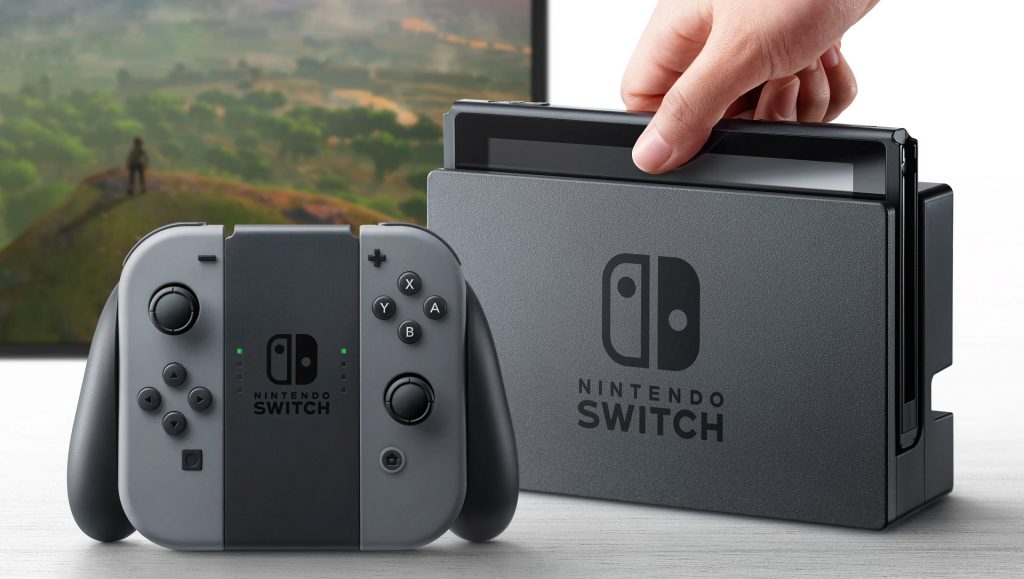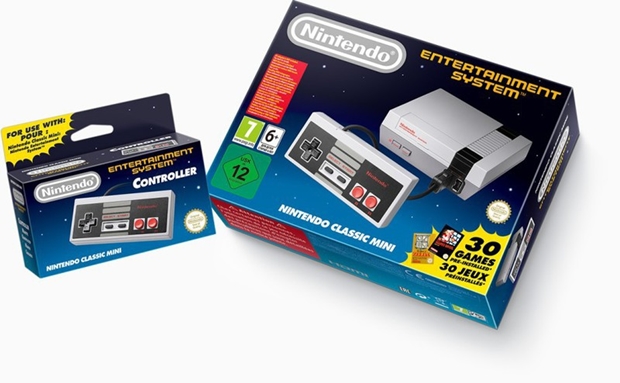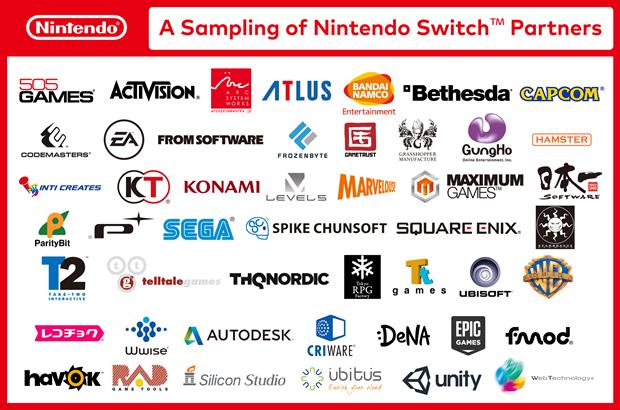
2016 is done- and while the ultimate legacy of the year as far as video games are concerned will continue to be debated for a long time to come, it is undeniable that this was a transitive year for Nintendo, one in which they slowed down, took stock, stepped back, to better position themselves for the future. This was the year the Wii U truly died, the year that Nintendo doubled down on a nearly six years old handheld, the year of Pokemon, the year Nintendo finally went third party with their mobile games, and the year in which the Nintendo brand saw a comeback after four years of growing irrelevance. 2016 was an important year for Nintendo. Going into 2017 in the wake of a 2016 that saw Nintendo surprisingly resurgent, and on the eve of a major new system launch – one on which their future hinges – as well as the accompanying games, it is imperative that Nintendo not make these mistakes in this coming year.
PRICING SWITCH TOO HIGH
"The Nintendo 3DS floundered out of the gate, requiring a major price cut before it started selling. "
The Nintendo 3DS floundered out of the gate, requiring a major price cut before it started selling. The Wii U had a tepid start, one that it never really recovered from. The problem? Among other things, both systems were priced extremely high. The 3DS sold for $250, and the Wii U for $350- and these were premium prices that costumers were simply unwilling to pay, especially with the 3DS and Wii U also failing to justify these prices at launch. With the Switch, Nintendo can ill afford to make this mistake- the Switch needs to be priced right from the beginning. Learn from the Wii, and learn from the DS- price the system low enough that everyone will want it. This can ensure Nintendo’s success in the long run.
LACKLUSTRE LAUNCH LINEUP
Another thing that the 3DS and Wii U both had in common at launch? A really anemic lineup of games. Both systems launched with very few reasons to compel people to pick one up- ports of older games, that one can already play for much cheaper on systems they already own, are not good launch games. With the Switch, Nintendo needs to avoid that mistake, and ensure it has some good games lined up, right for launch. The N64 launched with Super Mario 64. The Wii launched with Wii Sports and The Legend of Zelda: Twilight Princess. That is the calibre of game that is necessary to ensure that the Switch can hit the ground running, right out the gates.
SUPPLY ISSUES
Nintendo have exhibited a hilarious inability to actually keep their products in stock over the last few years. Amiibo, the NES Classic Mini, the Pokemon GO Plus, the New Nintendo 3DS, and even special editions of their games, such as the one for Fire Emblem Fates, all suffered from stock issues. Now, in a sense, having a product be ‘sold out’ might be exciting and generate some good press, but this hurts Nintendo more in the long run. An inability to have your product stocked means that someone who was looking to buy it will now consider, and potentially purchase, a competing product instead. In a lot of cases, that is a sale they are never getting back. With the Switch, Nintendo needs to ensure it has its supply problems addressed, or there will be all kinds of problems.
"Nintendo have exhibited a hilarious inability to actually keep their products in stock over the last few years."
PERSISTENT GAME OUTPUT
Another problem Nintendo has is its inability to release games persistently. Nintendo games are often the best there are, but Nintendo takes far too long to release them, and people go months without a new Nintendo game release. This ordinarily wouldn’t be much of a problem, but given that most people buy a Nintendo to play Nintendo games, this becomes a far bigger issue. With the Switch, Nintendo needs to ensure that it has a steady stream of games out for the device, without any breaks. Given that the Switch will be the one and only platform Nintendo will now need to support, they will have no excuses any longer.
INABILITY TO RETAIN THIRD PARTY SUPPORT
"The problem is that Nintendo, while good at recruiting third parties, fails miserably at retaining them."
Nintendo systems usually start with good third party support- remember all the major third party games announced for Gamecube, Wii, and 3DS at the beginning? The problem is that Nintendo, while good at recruiting third parties, fails miserably at retaining them. This diminishes the value of a Nintendo system, because you are now left with only Nintendo games as a reason to buy it- far harder to justify spending $300 on a system for a few dozen games, than on a system with hundreds of games released from everywhere and everyone in the industry. It also compounds the problem of chronic game droughts, that we discussed above. This is a problem that Nintendo needs to ensure is fixed with the Switch- yes, Nintendo has a truly impressive list of third party partners in place for the device, and that is great. But the onus is now on Nintendo to ensure that those third parties continue to support the system, because if not… well, nothing is stopping the Switch from just becoming a Wii U 2.0 in that case.
Note: The views expressed in this article are those of the author and do not necessarily represent the views of, and should not be attributed to, GamingBolt as an organization.

















